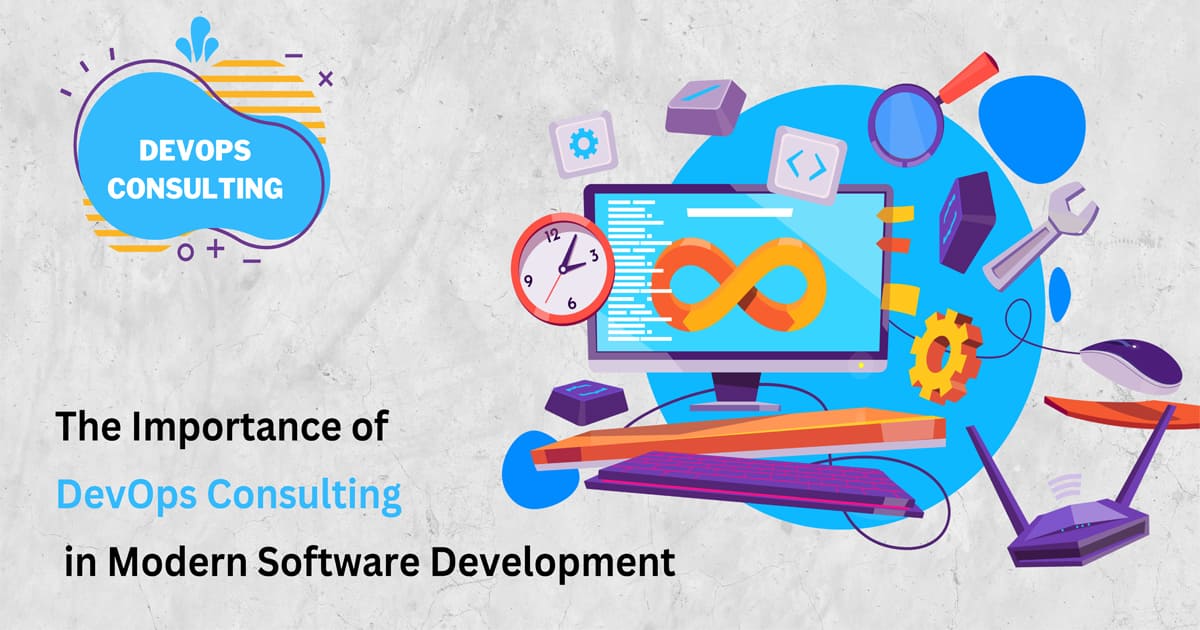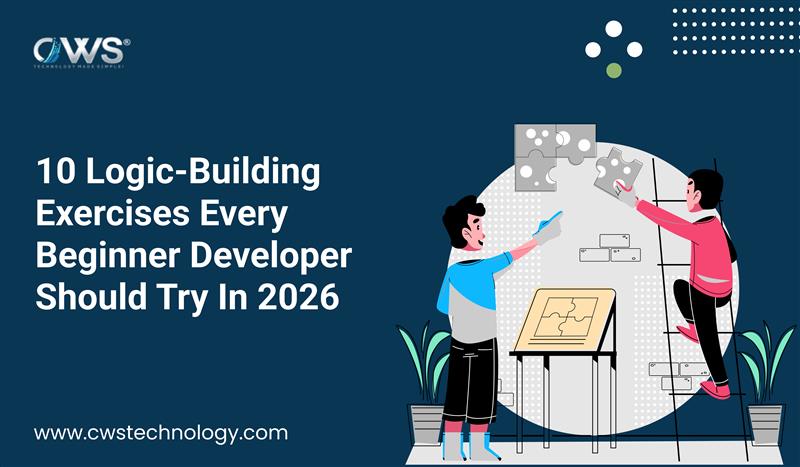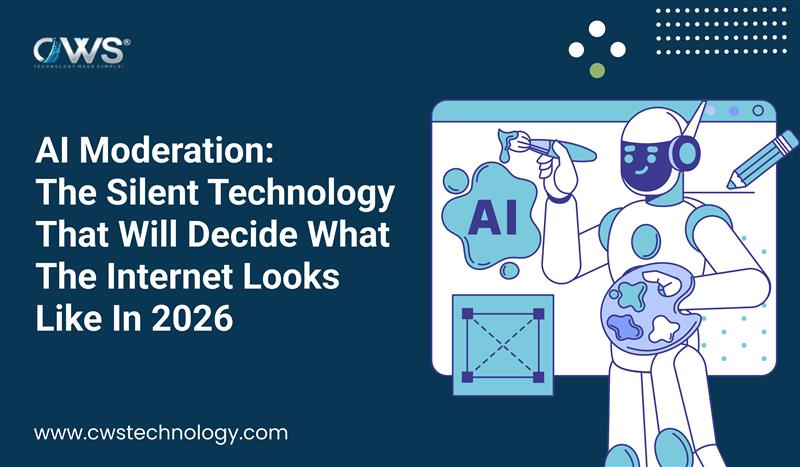Overview
DevOps consulting has emerged as a critical force, bridging the gap between development and operations teams. This post will delve into the significance of DevOps consulting in modern software development, exploring the numerous benefits it offers and the key areas where it provides invaluable support.
What is DevOps?
DevOps signifies a cultural shift within software development. It transcends the idea of separate “dev” and “ops” teams and instead emphasizes collaboration and shared responsibility throughout the software lifecycle. This holistic approach integrates operational considerations (security, maintenance, etc.) into the development process from the very beginning.
Traditionally, software development focused primarily on functionality. DevOps expands this perspective by acknowledging the environmental impact on an application’s performance, security, availability, and overall cost. It recognizes that software constantly evolves and interacts with other systems, necessitating a continuous feedback loop between development and operations.
DevOps Consulting: Core Principles and Philosophy
DevOps consulting embodies a set of practices designed to automate and streamline application deployment and execution environments. It expands the software development process to encompass quality assurance, deployment, and ongoing operation, prioritizing non-functional requirements like security, performance, and availability.
Here are the fundamental principles that underpin the DevOps philosophy:
- Collaboration and Communication: Breaking down silos between development and operations teams is paramount. Effective communication and collaboration are essential for aligning objectives, anticipating challenges, and ensuring smooth project execution.
- Automation: Repetitive tasks within the development lifecycle are prime candidates for automation. This frees up valuable human resources for higher-level activities and streamlines the development process.
- Continuous Integration and Delivery (CI/CD): Frequent code integration and delivery foster a culture of rapid feedback and iteration. This enables software development company to identify and address issues early in the development cycle, leading to a more efficient and high-quality product.
- Infrastructure as Code (IaC): Managing infrastructure through code ensures consistency, repeatability, and automated provisioning. This eliminates manual configuration errors and facilitates infrastructure changes with greater control and efficiency.
Key to this approach is a balanced distribution of responsibility across the team.
DevOps consultants foster a collaborative environment built on shared ownership, workflow automation, and rapid feedback. Imagine a continuous cycle: planning leads to coding, which builds software that needs testing before deployment and release. Once operational in the end-user environment, continuous monitoring feeds back into planning for further development stages, perpetuating the cycle.
Why DevOps Consulting Matters?
DevOps consulting services are crucial for modern enterprises. They enhance efficiency, streamline development and operations processes, and lead to faster time-to-market. By integrating technology, automating tasks, and fostering collaboration, DevOps helps organizations deliver high-quality software while optimizing costs. If you’re considering DevOps adoption, consulting experts can guide you through the process.
By incorporating a DevOps approach, organizations can reap a multitude of benefits, including:
- Enhanced Speed and Agility: DevOps fosters a culture of continuous delivery, enabling organizations to release software updates more frequently and respond rapidly to changing market demands.
- Improved Quality and Reliability: Automation and continuous integration minimize the risk of human error and ensure consistent code quality. This translates to more reliable and stable software solutions.
- Reduced Costs: Automation streamlines processes, eliminates manual configuration errors, and minimizes rework.
- Increased Team Collaboration: DevOps fosters a culture of collaboration and shared responsibility between development and operations teams. This breakdown of silos leads to improved communication and overall team morale.
- Enhanced Innovation: By streamlining processes and reducing time spent on repetitive tasks, DevOps empowers teams to focus on innovation and development of new features and functionalities.
See Also | The Power of Data Analytics For Businesses
Some common DevOps challenges and their solutions
Implementing DevOps can be challenging, but addressing these challenges is crucial for success.
1. Selecting the Right DevOps Metrics:
- Determining relevant metrics (e.g., deployment frequency, lead time for changes) can be tricky.
- Solution: Use a data-driven approach, leveraging analytics platforms or dashboards to track and visualize DevOps metrics.
2. Security in DevOps:
- Integrating security into a continuous delivery model can be tough.
- Solution: Adopt DevSecOps, which prioritizes security from the outset of the DevOps process.
3. Microservices Complexity:
- Managing microservices architecture can become complex.
- Solution: Invest in proper monitoring, observability, and automation tools to handle microservices effectively.
4. Handling Change:
- Frequent code changes can be overwhelming.
- Solution: Implement robust change management processes and encourage collaboration between teams.
5. Choosing and Adopting the Right DevOps Tools
- The DevOps tool landscape is vast.
- Solution: Evaluate tools based on your organization’s specific needs and goals.
6. Lack of Cross-Functional Teams:
- Silos hinder collaboration.
- Solution: Foster cross-functional teams that include development, operations, and other stakeholders.
7. Implementing the DevOps Center of Excellence:
- Establishing a centralized DevOps team can be challenging.
- Solution: Create a DevOps Center of Excellence to guide and support adoption across the organization.
8. Stringency of DevOps Governance:
- Balancing agility with governance can be tricky.
- Solution: Define clear governance policies that align with DevOps principles.
9. Managing Multiple Environments:
- Coordinating development, testing, and production environments can be complex.
- Solution: Use infrastructure as code (IaC) and automation to manage environments consistently.
10. Implementing Budgets:
- Allocating resources effectively can be a challenge.
- Solution: Set clear budgets and prioritize investments based on business impact.
Must Know | Flutter vs React Native: A Comprehensive Comparison
How DevOps Consulting Provides Support?
DevOps consulting firms offer a comprehensive range of services to help organizations implement a successful DevOps strategy. Here are some key areas where their expertise proves invaluable:
- DevOps Strategy Development: Consultants can help organizations assess their current development processes and identify areas for improvement. They then collaborate with stakeholders to develop a customized DevOps strategy that aligns with the organization’s specific goals and objectives.
- Tool Selection and Implementation: Navigating the vast array of DevOps tools can be a daunting task. DevOps consultants possess a deep understanding of various tools and can recommend the optimal solutions based on an organization’s specific needs. They can also provide guidance on seamless implementation and integration of these tools within the existing development environment.
- Cultural Transformation: DevOps success largely hinges on fostering a collaborative culture that embraces continuous learning and improvement. DevOps consultants can guide organizations through this cultural shift, facilitating workshops and training sessions to equip teams with the knowledge and mindset necessary for a successful DevOps implementation.
- Ongoing Support and Optimization: The DevOps landscape is constantly evolving. DevOps consultants offer ongoing support to ensure that an organization’s DevOps strategy remains relevant and optimized. This includes monitoring performance metrics, identifying areas for further improvement, and recommending adjustments to the strategy as needed.
DevOps consulting services have significantly transformed the entire landscape of software development and deployment. It has aided companies in bringing together Development and operations teams to work together productively towards a common goal, Improving comprehension of the application’s requirements and deployment plan.
Wrapping up
The expertise of DevOps consultants, organizations can successfully navigate the complexities of implementing a DevOps approach and unlock the numerous benefits it offers. In today’s competitive software development landscape, embracing DevOps is no longer an option; it’s a necessity for achieving sustainable success.








